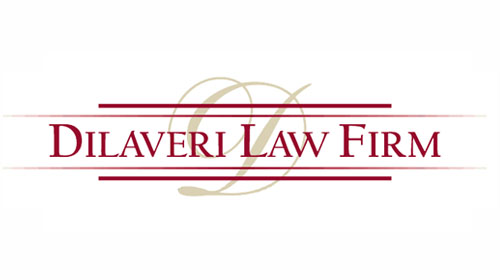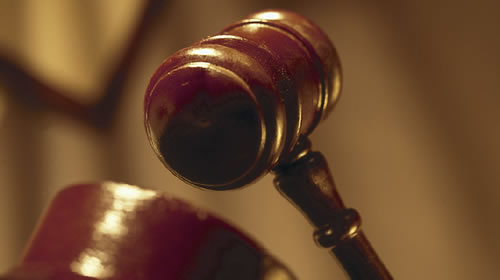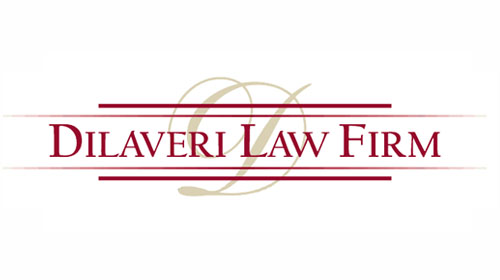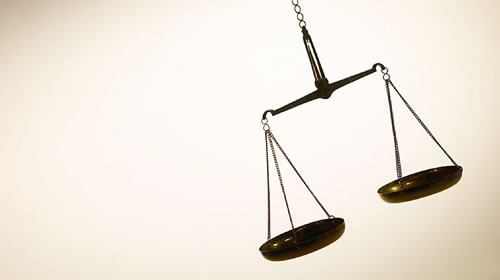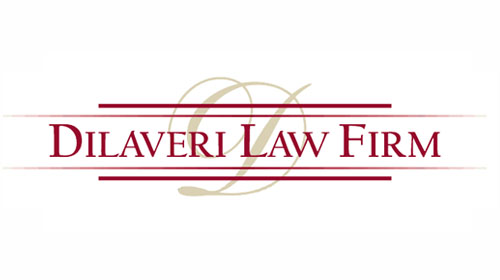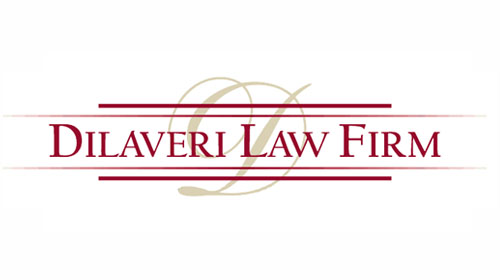Rochester Minnesota
DUI & Implied Consent Attorney
How Can We Help You
Rochester MN DUI & Criminal Defense Attorney
FAQs Criminal Defense Minnesota
Do I need an attorney for my criminal matter?
Yes, if for no other reason than to have an attorney tell you that you do not need an attorney. Our first consultation is free. It is valued at up to $195. Why wouldn’t you take advantage of that? Discuss the specific facts of your case with an attorney and make an informed decision as to how to proceed.
Why should I hire your law firm?
- Because we are very good at what we do;
- Because we have a proven track record of success;
- Because we thoroughly prepare for your case and then prepare some more;
- Because we keep you apprised of your case at every stage and promptly return your calls and emails;
- Because we explore all options with you and make you aware of all the repercussions to any course of action;
- Because we give you the information and tools to make the decisions that are right for you;
- Because we are committed to protecting your interests in this moment and in the future.
How much does it cost to retain your firm?
What are you charged with? Is it a traffic violation or rape? Were you at the wrong place at the wrong time, are you wrongfully charged, or is there video of you passing a forged/stolen check at the local bank? Come talk to us. Our consultation is free and once we have had an opportunity to discuss the matter, we will give you an accurate answer to your question. We do not claim to be the low cost leader criminal defense firm, but neither are we just waiting for that one client with deep pockets so that we can retire. The less serious the charge, the lower the retainer. The more issues to address, the higher the costs. We will never, however, charge you for phone calls or copying or faxing fees.
Will you guarantee a specific result?
No. And if you find a defense attorney who will guarantee you this, then you should run in the other direction. We will inform you, based on the facts of the case, of the likelihood of something happening or not happening. Even if there is a plea agreement, it is ultimately the judge who will make the sentencing decision, and they are free, within the guidelines, to sentence more harshly or leniently depending on the circumstances. If there is a trial, we can’t control the behavior of witnesses who may not show up, recant their testimony, or simply lie. What we can guarantee is what we control and that is: you will receive excellent representation; you will always be aware of the case’s strengths and weaknesses; you will not be billed for something not discussed and agreed to in advance.
The Police may be after me, who can I talk to?
Talk to us. If you don’t want to talk to us, talk to nobody. Anything you say can and will be used against you. If you talk to a third party and the police find out, that third party can be subpoenaed to testify about the conversation. Worse, that third party may actively seek out the police in order to turn on you in exchange for a reduction or dismissal of their crimes.
The Police want to ask me a few questions. Should I talk to them?
You have a constitutional right not to answer any questions. You should use it. You should request to speak to a lawyer, and, this is the important part, you should immediately stop talking after that. The truth is that the easiest convictions are those in which the defendant confessed to the police, and the hardest are those in which the accused stood silent. The vast majority of the time, if the police are looking for you it is because you are a person of interest in their investigation. If you give a statement at the beginning, you will have to repeat it word-for-word in every court hearing. If you don’t, the prosecutor can ask “Didn’t you tell the police…” and that will destroy your credibility.
Can I tell the Police I want to talk to my lawyer, if I don’t have a lawyer?
Yes. Few people have lawyers on their speed dial. Call us at 507.206.6020, then, exercise your constitutional right to remain silent.
Can the Police search my car?
The police can search your car if you allow them to, or if they have probable cause to believe that you have been involved in a crime, or they see evidence of a crime in the vehicle. Here’s the rule of thumb: If they ask permission to search, then at the very least the police have doubts as to whether they have probable cause (if they knew they could search the car, they would not ask your permission). Keeping that in mind, you should not consent to a search and be very clear about it. If the police want to ask you some questions, then see the answers above. Naturally, if there is nothing for the police to find in the car, consenting to the search may get you home sooner.
Can the Police enter my home?
The police can enter your home if they have your permission, a warrant, or can prove some sort of emergency. Most of the time, they will rely on consent. Do not consent to an entry by the police. Be clear about it. Any evidence they collect after they were allowed to enter the home will be admissible in trial. If the police insist on entering without a warrant, do not try to physically engage with them. Be clear that you are not consenting to the search and get out of the way. If the search was illegal, nothing discovered will be allowed to be used in court. Make notes of everything, including the names of officers present. Contact an attorney immediately.
What happens when the police show up with a warrant at my home?
Ask to see a copy of the warrant. If you are allowed, make note of what it authorizes the officers to do or take. Ask to be present while the search is being conducted. Get the names of the officers conducting the search. Do not answer any questions. Call an attorney immediately.
What if I am arrested?
You should have been read your Miranda rights (You have the right to remain silent…etc). At the end of the rights, you will be asked whether you wish to answer any questions. State clearly no. Ask to speak to an attorney. Repeat this request to every new officer that attempts to question you.
How are crimes categorized in Minnesota?
These are the four categories of violations in Minnesota and the penalties for each category:
- Petty Misdemeanor – Max $300 fine – No jail – Not a criminal offense
- Misdemeanor – Max $1,000 fine and/or 90 days in jail
- Gross Misdemeanor – Max $3,000 fine and/or one year in jail
- Felony - From one year plus one day in jail to life in prison
What are the stages of a criminal case?
After the arrest, or at the appearance by the defendant following a service of Summons, there will be a first hearing to address what the charges are and what the bail and conditions of release will be. This is often called a Rule 5 hearing or an arraignment.
The next hearing is referred to as the Rule 8 hearing. If the parties have been able to reach an agreement, the Defendant can enter a plea at this time. Otherwise, the court will schedule the next hearing, which is called an omnibus hearing. This is the point in the process when any constitutional issues are addressed.
Following the omnibus hearing, assuming the charges were not dismissed by the court, there will be a settlement conference. If the case is not resolved at settlement conference, then a pretrial and trial are scheduled.
Unless waived by the defendant, a felony trial requires a jury of 12 people who must unanimously agree to find the defendant guilty in order to convict him/her.
In a felony case, if the defendant is found guilty, a sentencing date will be scheduled and the court will order that a pre-sentence investigation be completed. The defendant can appeal from a non-acquittal verdict.
What is unreasonable search or seizure?
When the evidence collected by the police was obtained in violation of the defendant’s constitutional rights (like searching a home without a warrant or permission), the defendant can move the Court to suppress the evidence, meaning that it cannot be used against the defendant in court. This request is made at an omnibus hearing.
Will I get a jury trial?
Yes, unless you specifically waive that right in which case the trial will be in front of a judge. In a jury trial, all members of the jury must agree to your guilt before you are found guilty, otherwise the jury is “hung” and the case may be re-tried.
What is a plea agreement?
A plea agreement usually involves a guilty plea from the defendant in exchange for an agreement from the prosecutors as to how the sentencing will proceed. The judge will ultimately decide whether the agreement is fair or not, and is free to reject the agreement of the parties. If that occurs, the guilty plea can be withdrawn and the case proceeds to trial. A guilty plea waives all potential constitutional challenges that a defendant may have and waives his/her constitutional right to a trial to a jury of his/her peers.
Will I have to testify?
You have the right to testify or to remain silent. You, as the defendant, cannot be forced to testify. If you choose to testify, you waive the privilege against self-incrimination and must also answer questions from the prosecutor. Additionally, depending on the case, if you testify, the prosecutor may be allowed to use your prior offenses against you.
What is trial like?
If it is a jury trial, it begins with selection of the jury. After the jury is chosen, each side has the opportunity to present an opening statement. The State then presents its case through its witnesses. The defendant can cross-examine these witnesses. The State has the burden of proving the defendant’s guilt. The Defendant does not have to prove innocence. At the end of the State’s presentation of its case, the defense can choose to rest or to present its own case through the testimony of witnesses, including the defendant. At the end of the defense’s case, each party is allowed to present a closing argument. After deliberations, the jury delivers a verdict of guilt or acquittal, or informs the court that it has been unable to reach a unanimous decision. The trial is governed by complex rules and procedures designed to promote fairness.
If it is a trial to the judge, the same sequence of events occurs; but in the end, the judge makes a decision of guilt or acquittal.
What is proof beyond a reasonable doubt?
Proof beyond a reasonable doubt is the standard juries use to find a defendant guilty or not guilty of a criminal offense. A lot of ink has been used by a lot of people in efforts to come up with a universal definition of reasonable doubt. The fact of the matter is that it is subjective to every person. The definition provided to juries in Minnesota is:
“Proof beyond a reasonable doubt is such proof as ordinarily prudent men and women would act upon in their most important affairs. A reasonable doubt is a doubt based upon reason and common sense. It does not mean a fanciful or capricious doubt, nor does it mean beyond all possibility of doubt.”
More Questions? Request a Free Consultation
If you would like to see how we can help you, contact us. We always offer free initial consultations to our clients. Call 507.206.6020 or complete our free case evaluation form.
